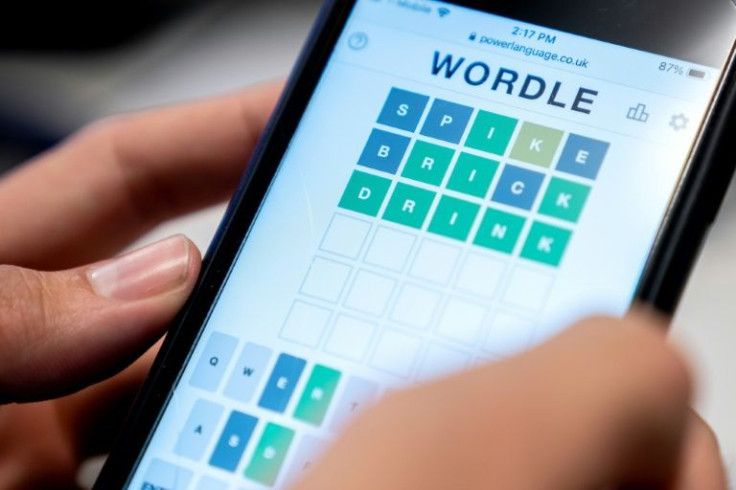New York Times Sends Copyright Notices To Wordle Clone Developers, Sparks Controversy
The New York Times has embarked on a campaign to protect its intellectual property rights by sending Digital Millennium Copyright Act (DMCA) takedown notices to developers who have created games similar to its popular Wordle puzzle. This move, aimed at defending the newspaper's ownership of the game's mechanics and concepts, has sparked intense debate over copyright infringement, creativity, and the boundaries of intellectual property rights in the digital age.

According to reports by tech journalism site 404, developers have received notices from The New York Times asserting ownership of elements such as the game's 5x6 grid and the display of green tiles for correct letter guesses. The newspaper's copyright campaign comes two years after it acquired Wordle from its creator, Josh Wardle, and incorporated it into its game package, available as part of a subscription or for purchase separately.
Reacting to the notices, some developers took to social media to express their disappointment and frustration. Australian linguistics lecturer Jayden Macklin-Cordes, creator of the Australian version of Wordle called AusErdle, lamented the end of his project due to the DMCA notice received from The New York Times. Macklin-Cordes highlighted the initial open-source nature of Wordle, which allowed for a proliferation of spinoff versions with diverse creative twists.
"It's sad that @nytimes hates harmless fun," Macklin-Cordes remarked, echoing the sentiment shared by many developers caught in the crossfire of the copyright dispute.
Chase Wackerfuss, the Minneapolis software engineer behind Reactle, acknowledged receiving a takedown notice from The New York Times and subsequently removed the repository from GitHub. Wackerfuss expressed sympathy for the developers who utilized Reactle to create their own word games, emphasizing the collaborative and educational aspects of the project.
In response to inquiries, The New York Times defended its actions, citing the need to protect its intellectual property rights in Wordle. The newspaper clarified that it does not oppose the creation of similar word games that do not infringe on its trademarks or copyrighted gameplay. However, it took action against developers who shared code instructing others to create knockoff versions of Wordle, leading to an influx of unauthorized games utilizing the Times' trademark and gameplay elements.
Jordan Cohen, a spokesperson for The New York Times, emphasized the necessity of defending the newspaper's intellectual property rights amid the proliferation of unauthorized Wordle clones. Cohen reiterated that the Times provided opportunities for developers to alter their code and remove references to Wordle, but some declined to do so.
The controversy surrounding The New York Times' copyright enforcement efforts has reignited discussions on the balance between intellectual property protection and innovation in the digital space. Critics argue that the aggressive approach taken by the newspaper could stifle creativity and discourage developers from exploring new ideas inspired by existing games.
As the debate rages on, developers and enthusiasts alike grapple with the implications of The New York Times' copyright campaign on the future of word games and the broader landscape of digital innovation.
© Copyright IBTimes 2024. All rights reserved.












